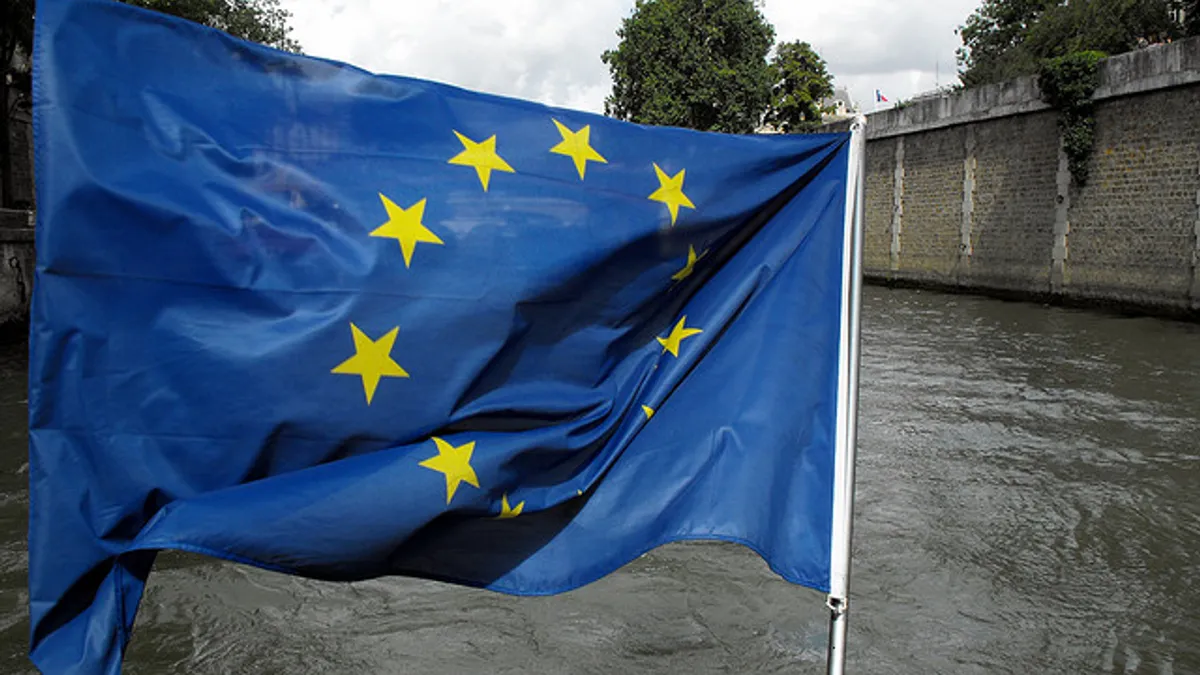UPDATE, Aug. 22, 2018: The following cities were announced as finalists for the title of European Capital of Smart Tourism 2019: Brussels (Belgium), Helsinki (Finland), Ljubljana (Slovenia), Lyon (France), Malaga (Spain), Nantes (France), Palma (Spain), Poznan (Poland), Tallinn (Estonia) and Valencia (Spain).
A jury will judge the presentations of the 10 finalists, then select two winners. The winning cities will receive communication and branding support for a year, a promotional video, a purpose-built sculpture for their city centers and other promotional help.
Four others will be recognized for their achievements in the four categories of the competition: sustainability, accessibility, digitalization and cultural heritage and creativity. Winners will be announced on Nov. 7.
Dive Brief:
- The European Union announced its new European Capital of Smart Tourism initiative, which the EU said will "recognize outstanding achievements in smart, innovative, sustainable and inclusive tourism by European cities."
- Two European cities that show innovation, creativity and excellence in four categories — accessibility, sustainability, digitalization and cultural heritage — will be named a European Capital of Smart Tourism 2019.
- Winners will receive expert support for branding and communications, a marketing video, a purpose-built sculpture for their city center and promotional opportunities.
Dive Insight:
European cities have until June 30 to apply, with finalists announced in mid-August and the winners unveiled in the second half of September ahead of an award ceremony in Brussels, Belgium on November 7, which is European Tourism Day. It represents another opportunity for European cities to compete with one another for an EU title, building on the more than 30-year success of the contests to be named a European Capital of Culture.
And while it is only open to cities with a population of 100,000 people or more — or the largest city in a country if none exceed 100,000 — the EU is looking to encourage more innovation in what it says is the customs union’s third largest socioeconomic activity. In a press release, EU officials said tourism makes up almost 10% of its Gross Domestic Product (GDP), and as such making sure it is smart and sustainable is a priority.
EU countries have had mixed results in hitting emissions and climate goals, with nine members missing a January 30 deadline to meet environmental limits on nitrogen dioxide and fine particles. Germany is trialing free public transportation in five cities to try and combat air pollution, and encouraging more cities to promote sustainable tourism could be a good way to hit environmental targets.
And with the European Union seemingly fractured after Great Britain’s 2016 vote to leave in a referendum as well as other nations wrestling with the rise of populist politics, such an initiative to promote tourism could encourage friendly, forward-thinking competition between cities.











